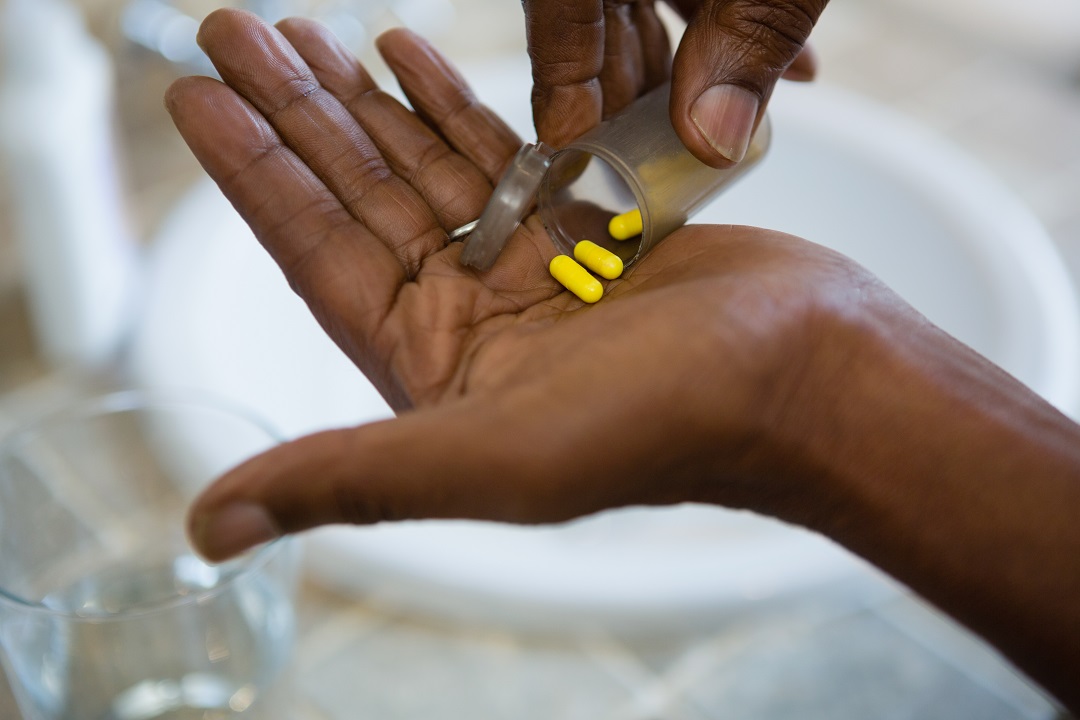- What are blood thinners?
Blood thinners are medications that inhibit the formation of blood clots. They also prevent pre-existing blood clots from growing in size. Clots in your arteries, veins, and heart can lead to heart attacks, strokes, and occlusions. If you have any of the following conditions, you might consider taking a blood thinner:
- Certain heart and vascular blood conditions
- Atrial fibrillation is a type of irregular cardiac rhythm.
- Replacement of a cardiac valve
- After surgery, there is a danger of blood clots.
- Congenital disabilities of the heart
Blood thinners are classified into two categories. Anticoagulants, such as heparin or Warfarin (commonly known as Coumadin), slow down your body’s clotting process. Antiplatelet medications, such as aspirin inhibit platelets, which are blood cells, from clumping together to form a clot. When using a blood thinner, make sure to follow the guidelines exactly. Certain foods, medications, vitamins, and alcohol may interact with blood thinners. Make sure your doctor is aware of all the medications and supplements you are taking.
- How to intake them-
Your doctor or nurse should advise you how much and when to take your anticoagulant medication. Most individuals must take their pills or capsules with drink or meals once or twice a day. The amount of time you must continue taking your medication is determined by the reason it was given. In many circumstances, therapy will be ongoing for the rest of one’s life.
- Deciding the DOs and DON’Ts-
- Drink plenty of water when travelling– Since dehydration causes blood vessels to constrict and blood to thicken, increasing the risk of blood clots. According to the American Heart Association, staying hydrated promotes circulation.
- Do not double up on missed doses– Attempt to take your blood thinner at the same time each day, as directed by your doctor or pharmacist. However, if you forget a dosage, resist the desire to compensate by taking a double amount the next time. Instead, take the missing dosage as soon as you recall it and consult your doctor about your next steps.
- Inform your caregiver about any additional drugs you are taking: Notify your doctor, nurse, or pharmacist of any prescription or over-the-counter medications, vitamins, or herbal supplements you are taking.
- Watch for side effects: Keep an eye out for adverse effects such as bleeding gums, unexplained bruises, dizziness, heavier-than-normal menstrual periods, and crimson or dark brown urine or stools.
- What food to not pair with the meds- Vitamin K is one substance that can reduce the efficiency of anticoagulants (such as Warfarin). It is critical to maintaining a steady intake of vitamin K daily. Adult males should consume 120 micrograms of vitamin K every day (mcg). It is 90 mcg for mature females. While eating moderate amounts of vitamin K-rich foods should not be an issue, ingesting high amounts of particular foods or drinks, such as kale, spinach, cheese, cabbage, broccoli, lettuce, and green tea should be avoided. Certain beverages might exacerbate the impact of Warfarin, causing bleeding issues. While using these drugs, avoid or eat only minimal amounts of alcohol and cranberry juice.
- Consulting the doctor and balancing blood thinners with your other meds-
Consult your physician, nurse, or pharmacist about any prescription or over-the-counter medications, vitamins, or herbal supplements you are consuming. According to the National Blood Clot Alliance (NBCA), specific medications and supplements might interfere with the findings of the test used to evaluate blood-thinner levels. Diflucan, a yeast infection treatment, and ciprofloxacin, an antibiotic, can strengthen Warfarin’s anticoagulant efficacy, while phenytoin, an epilepsy medication, can lower it. Some anti-inflammatory pain relievers, such as aspirin and ibuprofen, as well as herbal supplements, such as garlic or ginkgo biloba, may potentially raise your risk of bleeding.
- Any side effects to be aware of-
Although anticoagulants lengthen the time it takes for blood clots to form, heavy bleeding (haemorrhage) is a potential adverse effect. Excessive bleeding symptoms might include:
- Spilling blood through your urine
- Bruising that is severe
- Protracted nosebleeds (lasting longer than 10 minutes)
- Sudden acute back pain caused by vomiting or spitting up blood
- In women, trouble breathing or chest discomfort, heavy or increased bleeding
- During your periods, or any additional vaginal bleeding
- Seek medical treatment right away if you detect any serious or recurring bleeding.


